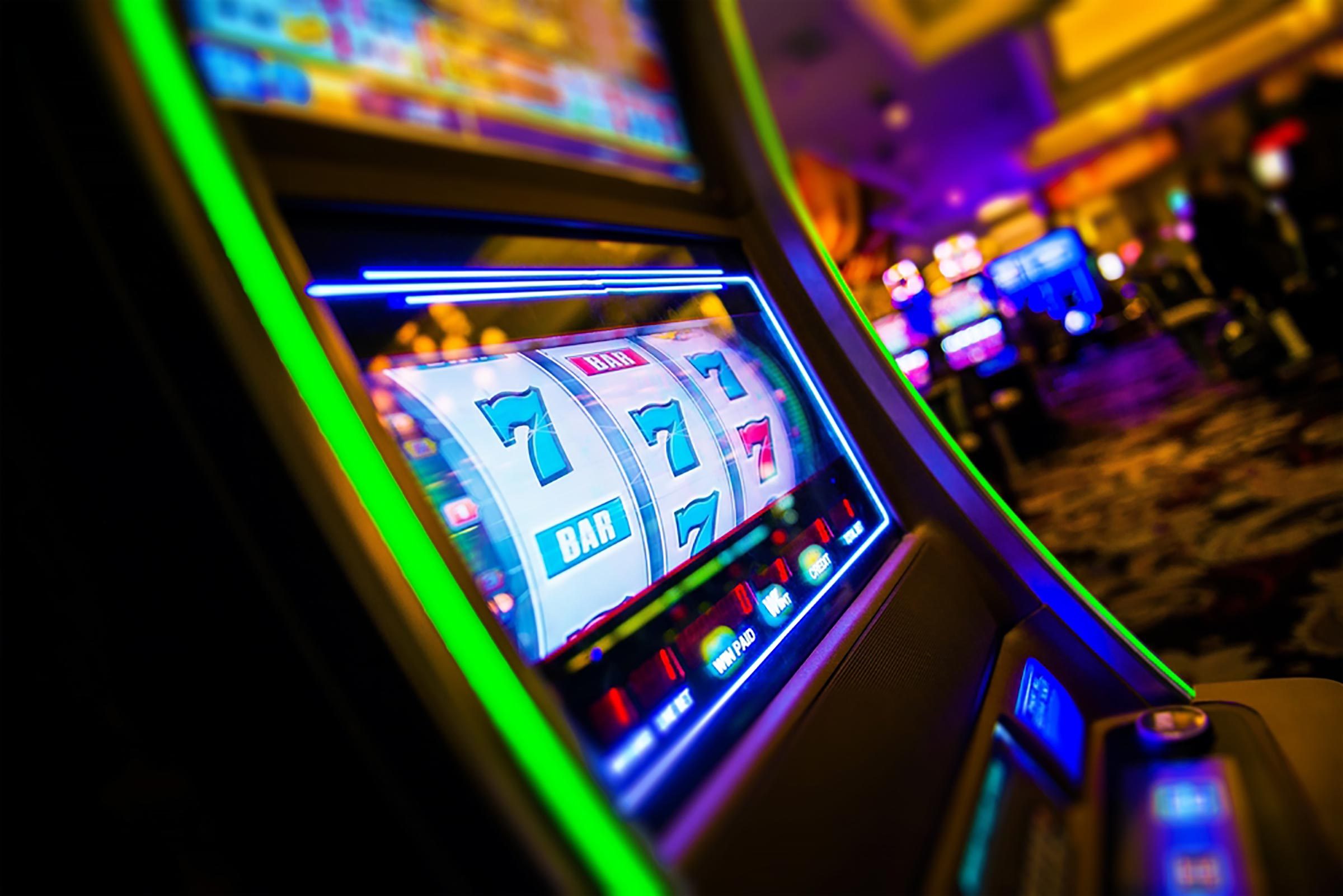An Overview of Gambling History: From Ancient Times to Contemporary Casino Games
admin
- 0

Betting has been an integral part of human entertainment for thousands of years, evolving through cultures and eras to become the dynamic casino activities we know today. From the historical Chinese and Romans, who participated in various forms of betting and chance, to the sophisticated gaming floors of contemporary casinos, the allure of risk and winning has fascinated individuals across the globe. The change from basic dice games and primitive betting setups to the lavish environments of modern casinos reflects major strides in both cultural standards and technological advancements.
As societies evolved, so too did the complexity of gambling activities, with gambling activities emerging as a unique category of entertainment and thrills. These games have changed from casual gatherings centered around traditional tables to expansive, lavish establishments designed to attract players. Vivu88 Today, we delve into this captivating journey, examining how historical practices laid the groundwork for the varied and exciting casino activities that bring joy to countless people worldwide.
spintax
Early Wagering Traditions
Wagering has deep roots in human past, with evidence of games of chance originating from ancient civilizations. Archaeologists have found that as far back as 3000 BC, the ancient Chinese were using primitive forms of betting with dice made from ivory. Similarly, ancient Mesopotamians engaged in betting activities, often relying on the tossing of lots or dice to determine outcomes. These early forms of gambling served not only as entertainment but also played crucial roles in social and cultural practices.
The people of Egypt also took part in gambling activities, with games that included betting on the results of various events, including athletic events and spiritual festivals. Items such as dice and depictions of gamblers from ancient tombs illustrate that gambling was a frequent pastime. It provided both entertainment and a means of engaging in social interaction, often linked to festive occasions or important gatherings. This activity demonstrated the universal appeal of chance and rivalry throughout history.
In ancient Rome, betting became a widespread practice among the populace, as shown in references in texts and the establishment of rules around certain games. Romans enjoyed a variety of betting activities, from betting on horse races to playing games like modern-day board games. The legal framework surrounding these activities began to take shape, establishing the foundations for betting regulations that would grow in the centuries to come. The prevalence of betting during this period set the stage for the development of casino games in the future.
The Evolution of Gambling Games
Casino games have undergone substantial transformations from their beginnings to the contemporary entertainment options. In early civilizations, gaming was frequently associated to ceremonial practices, with dice games found in the ancient Mesopotamian region and wagering on the outcomes of events in old Rome. These early forms of gambling laid the groundwork for the formal games we see today. The transition from informal gambling to regulated games took place as societies began creating rules and venues for wagering, demonstrating cultural values and practices.
The medieval period saw the development of card games, which gained recognition among the nobility of Europe nobility. Games like first and the game baccarat became mainstays in social gatherings. The invention of printing technology also enabled the spread of playing cards, making them more reachable to the common people. As gambling houses began to proliferate, these card games transformed into variations that appealed to wider audiences, eventually leading to the establishment of casinos as exclusive venues for gaming.
The 1900s marked a significant point in the development of casino games, with the ascendancy of commercial casinos in Vegas and other gambling hotspots. This era brought forth games like slot machines and modern adaptations of table games, complete with high-quality graphics and detailed betting structures. The introduction of online casinos in the tail end of the 1990s further revolutionized the gaming industry, allowing players to access a great variety of casino games from the safety of their homes. Today, casino games continue to develop, blending classic elements with cutting-edge technology to create engaging experiences for players worldwide.
Modern Gaming Regulations
In these years, the environment of gaming laws has developed significantly, especially as technology and internet-based gaming have become ever prevalent. Regulatory bodies around the planet have introduced numerous laws and guidelines to make certain that gambling activities are carried out justly, responsibly, and clearly. These laws often include factors such as licensing, advertising, player safeguards, and sensible gaming measures. Authorities aim to reduce issues such as gambling addiction and fraudulent activities while supporting a just gaming environment.
The rise of internet gambling sites has created a need for a new approach to oversight. Many jurisdictions have created specific online gambling structures that cater to internet-based gaming, allowing operators to provide their offerings legally. These structures often demand operators to get licenses, follow strict safety protocols, and provide assistance options to assist players. By closely supervising online activities, authorities can more effectively protect players from potential harm and ensure that gambling is conducted in a protected manner.
Furthermore, contemporary gambling regulations are increasingly focusing on responsible gambling initiatives. Many gaming establishments and internet-based sites now implement features such as player exclusion, deposit limits, and time-outs to help players manage their gambling habits. Awareness campaigns aimed at raising awareness about the dangers of gaming are also frequent. As the sector continues to grow, the focus on responsible gaming remains a fundamental principle of regulatory efforts, showing a commitment to encouraging a secure and pleasant gaming experience for all gamblers.